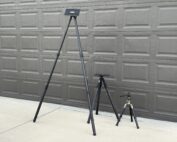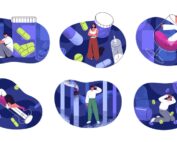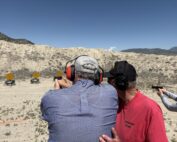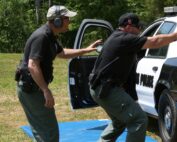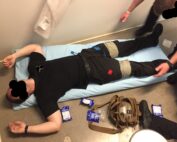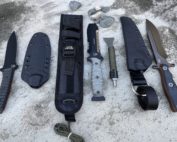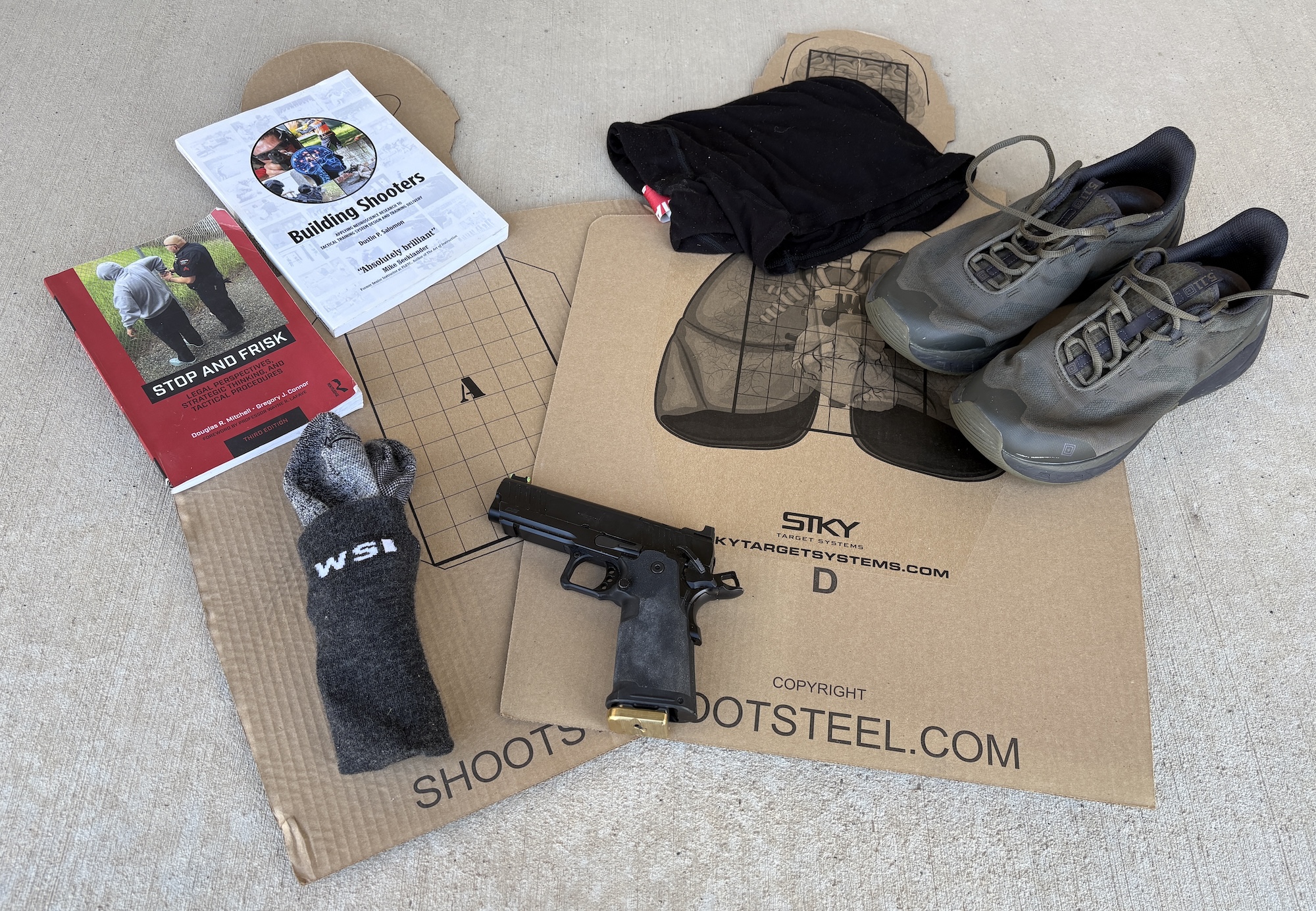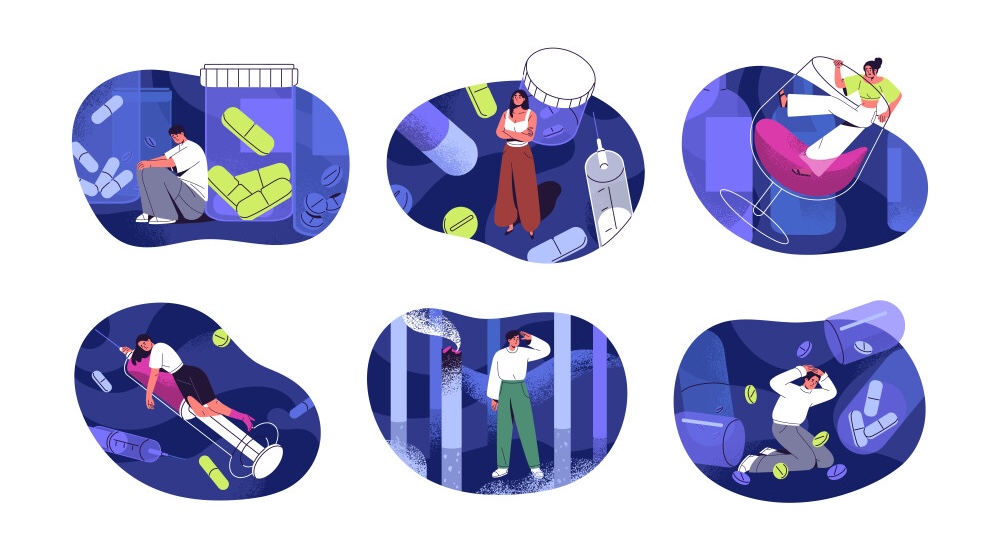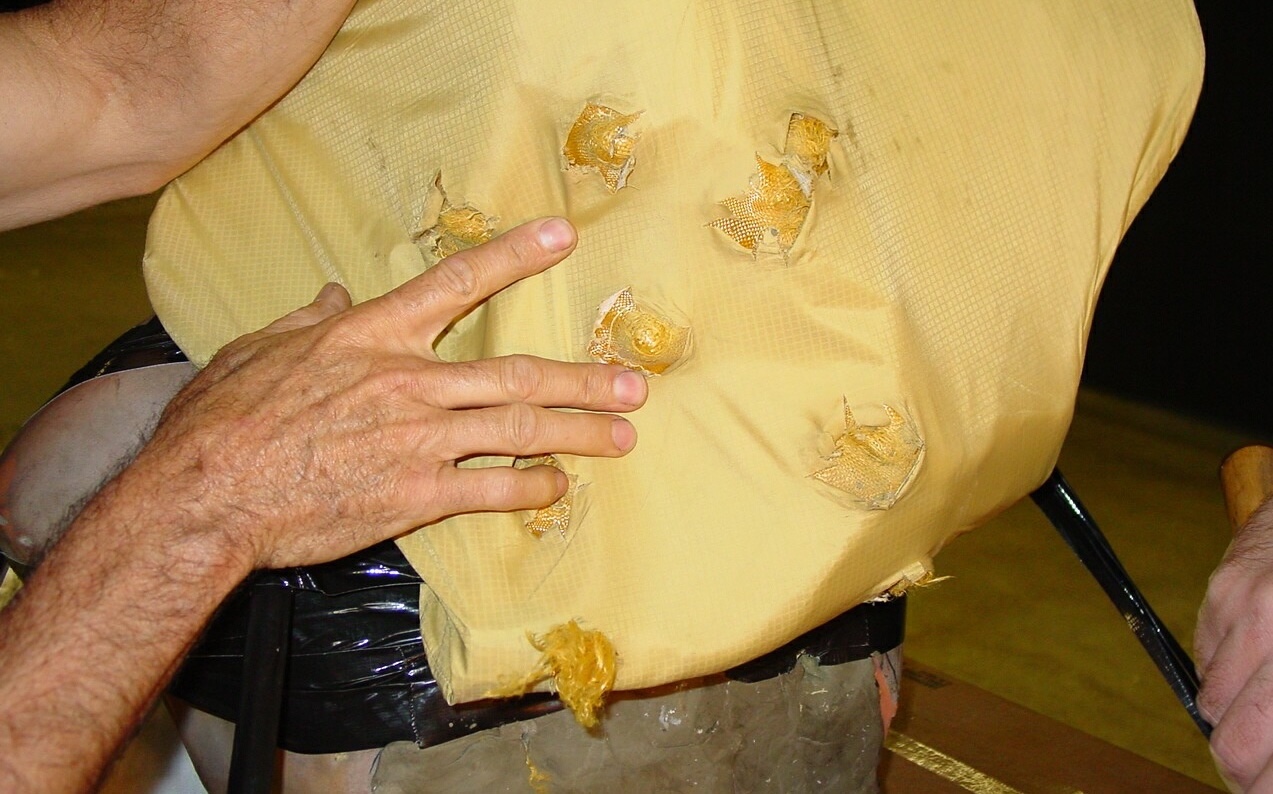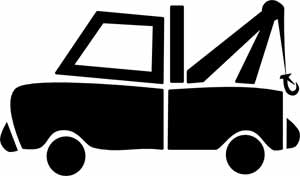
vantage
I’ve received a bunch of e-mails from readers upset over comments made by LAPD Chief Charlie Beck regarding changes in protocols for vehicle impounds having to do with unlicensed drivers at sobriety checkpoints. To be clear, this goes back to March 2011. Chief Beck was quoted in an L.A. Times interview as saying the old checkpoint policy had “stuck in my craw as one of the things we weren’t doing the right way.” He decided to make the change after immigration rights advocates raised the issue with him anew in meetings. Chief Beck went on to say, “This is the right thing to do. There is a fairness issue here … and we’re trying to balance the needs of all segments of our community and keep the roads safe.”
The new rules were an attempt to somewhat mitigate “the current reality, which is that for a vast number of people, who are a valuable asset to our community and who have very limited resources, their ability to live and work in L.A. is severely limited by their immigration status.”
And it gets even better.
In a follow-up story from KPCC, a Southern California public radio station, Chief Beck had this to say about the changes: “As we reviewed our impound policies it became obvious to me that they had disparate impact on individuals based on something that was entirely out of their control. No longer will these checkpoints have an adverse impact on somebody merely because of their (immigration) status. The sad truth is that the people who were most impacted by this law were the people that could afford it the least.”
First of all, it’s never the right thing to do when you’re doing something to appease only one segment of your community — in this case the illegal alien segment. So much for balancing the needs of all segments of the community and keeping the roads safe. Chief Beck threw the rest of the L.A. community under the bus in his attempt to align himself with immigration rights advocates. It’s funny how these advocates are most concerned with the Hispanic population. Moreover, immigration isn’t a right; it’s a privilege, just like driving a car. Immigration status and getting a drivers license is not out of their control. Perhaps if they’d stop sending their money to Mexico, they’d better afford their legal obligations here.
There’s a much bigger picture here, one encompassing every state and every variety of unlicensed drivers, regardless of race. The chief should’ve stated his case for changing protocols based on case law. He’s a chief after all, not a politician.
Ever hear of the Community Caretaker Doctrine? It was established as an exception to the Fourth Amendment in the context of vehicle searches in US Supreme Court case Cady vs. Dombrowski, #72-586, 413 U.S. 433 (1973). In 1969, Chester J. Dombrowski was convicted of the 1967 murder of Herbert McKinney. Dombrowski appealed his conviction, arguing the search of his car, during which officers found evidence of the murder, was unconstitutional. The officers who searched his car (following his DUI related crash) weren’t looking for anything related to criminal activity, they were merely looking for his service revolver, which they believed he was required to have because he was a Chicago policeman. How’s that for irony?
Over the years, the Community Caretaker Doctrine has been used in numerous arguments related not only to vehicle searches but impounds too. The doctrine requires vehicle impounds be conducted according to department policies, and the courts have clearly distinguished the difference between inventory and investigative searches. In recent years, the doctrine has been used to challenge vehicle impounds of unlicensed drivers in states that had taken a zero tolerance stance to the problem.
States with a zero tolerance approach were answering the screams of citizens tired of the amount of death, injury and damage caused by unlicensed drivers. New laws were created and existing laws were enforced with a vengeance to deal with the problem. I worked on a S.T.O.P. Team (Serious Traffic Offender Program) in San Diego and we saw impressive results from our efforts.
Around the time I became a detective, things were beginning to change in the world of impounding of unlicensed driver’s cars. The laws haven’t changed, but the way they’re enforced has. Impounding cars from unlicensed drivers isn’t verboten; it simply means you have to better articulate the facts allowing it.
Here are some examples allowing you to impound and stay within the limits of the doctrine: A) A high-crime part of town leaves the car vulnerable to theft or vandalism. B) It’s illegally parked or creating a traffic hazard. C) It’s on private property and the owner of the property hasn’t authorized the vehicle to be left there. D) The registered owner of the car can’t get it in a reasonable amount of time or isn’t licensed either. And that’s just a few.
So much police work boils down to articulating facts and circumstances and requires a little more time and thought. Had Chief Beck abided by this credo his comments wouldn’t have come across as “political weenie-dom.” Policy changes are inevitable given the current opinions from the courts. Administrators need to keep changes relative to case law — so cops have one less way of being accused of being racist.
>> Click Here << To Read More November/December 2011 Vantage Point
>> Click Here << To Order Your Copy Of The November/December 2011 Issue Today
Get More Vantage Point
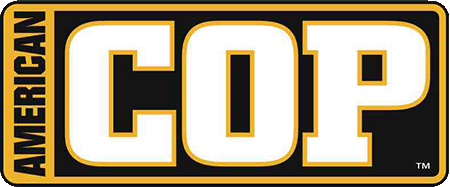

 (-1 rating, 1 votes)
(-1 rating, 1 votes)
